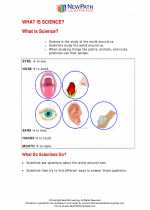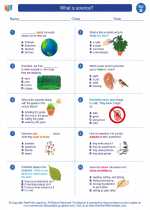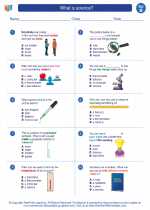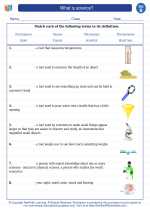Domains in Science
In science, a domain refers to a specific category or branch of knowledge within a larger field of study. It helps scientists organize and classify different types of information and phenomena. For example, in the study of living organisms, the three main domains are Archaea, Bacteria, and Eukarya, which categorize different types of cells based on their characteristics.
Study Guide for Second Graders
What is a Domain?
A domain in science is like a big folder that holds information about a certain topic. It helps scientists organize and understand things better.
Types of Domains in Science
There are different kinds of domains in science, like the ones that help us understand living things, like animals and plants, and the ones that help us understand the earth and sky, like the weather and the stars.
Examples of Domains
One example of a domain is the study of animals, where we learn about different types of animals and how they live. Another example is the study of weather, where we learn about rain, snow, and sunshine.
Why are Domains Important?
Domains help scientists organize and make sense of all the different things they learn about. It's like putting all your toys in the right toy box so you can find them when you want to play with them!
.
◂Science Worksheets and Study Guides Second Grade. What is science?

 Worksheet/Answer key
Worksheet/Answer key
 Worksheet/Answer key
Worksheet/Answer key
 Worksheet/Answer key
Worksheet/Answer key
 Vocabulary/Answer key
Vocabulary/Answer key
